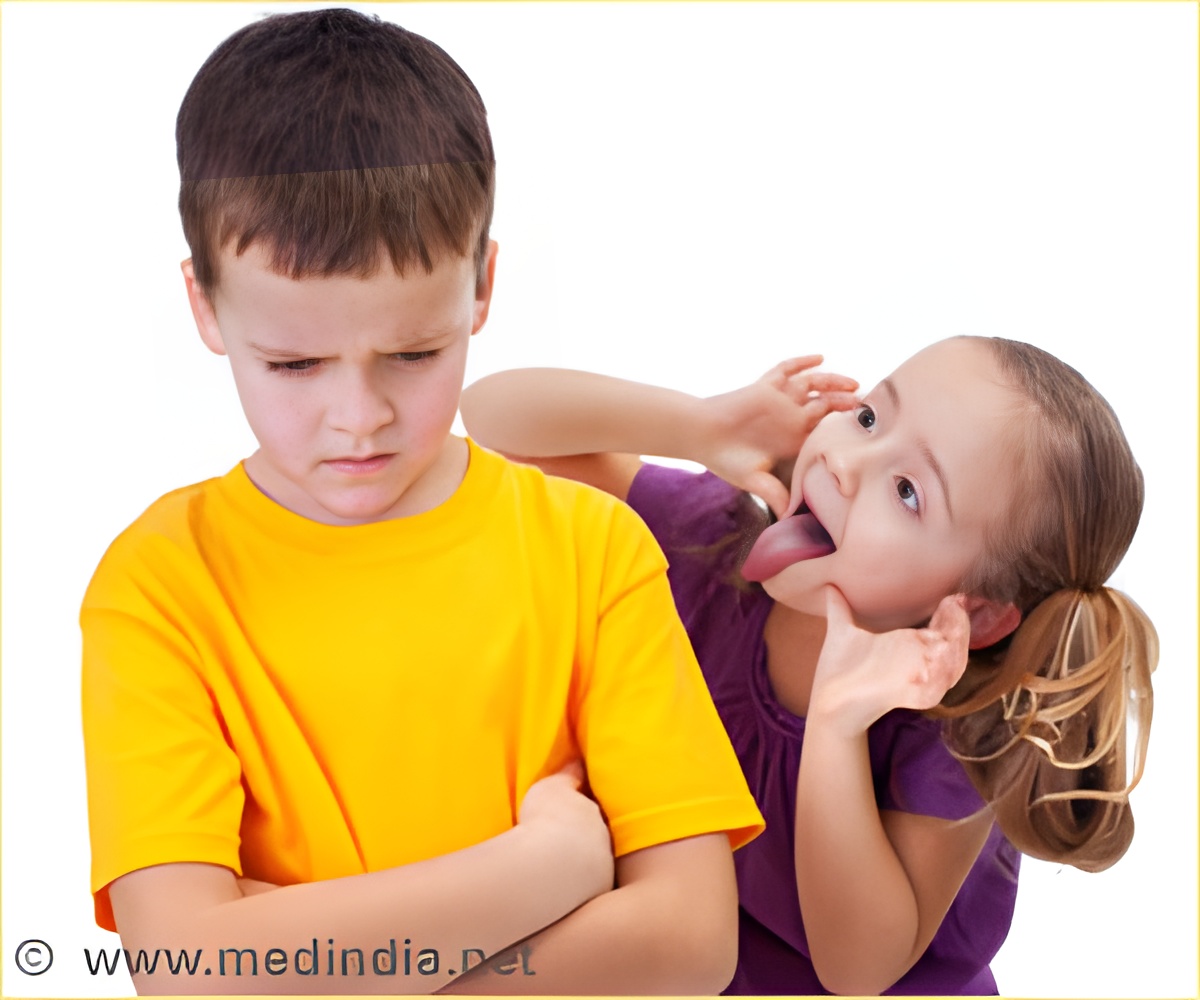Strong sibling relationship protects children from serious mental illnesses later in life due to stress caused by viewing many mom and dad fights in younger years.

‘Children are seriously affected in many ways seeing frequent arguments and fights between their Mom and Dad. A strong sibling relationship protects children from serious mental illnesses later in life due to stress caused by viewing parents’ fights in younger years.’





Conducted by researchers from the University of Rochester, the University of Nebraska-Lincoln, and the University of Notre Dame, the study finds that adolescents who witnessed high levels of acrimony between their parents had greater distressed responses to parental conflict a year later. Those responses, in turn, predicted mental health problems in the subsequent year. Yet, the researchers show that teens with strong sibling relationships are protected from experiencing this kind of distress in response to later parental disagreements and fights. The researchers looked at 236 adolescents and their families recruited through local school districts and community centers in a moderately sized metropolitan area in the northeastern United States and a small city in the midwestern United States. The families were followed over the course of three years--with families' being measured at three intervals when their children were first 12, then 13, and finally 14 years old. The study's multi-method design relied on observations, semi-structured interviews with mothers about the relationship of the closest-aged siblings, and surveys.
The researchers caution that the families studied were mostly white and middle class, hence their findings should not be generalized to families of all races or socioeconomic status.
"Children may be using their siblings as sources of protection and emotional support--that is, as attachment figures," says lead author Patrick Davies, a professor of psychology at the University of Rochester.
However, Davies notes, "if this were the primary reason for the protective effects, one might expect that younger siblings would benefit significantly more from being able to access support from an older sibling who is more capable as serving as a source of support. But this wasn't the case."
Advertisement
In a nutshell, Davies says, "We showed that having a good relationship with a brother or sister reduced heightened vulnerability for youth exposed to conflicts between their parents by decreasing their tendencies to experience distress in response to later disagreements between their parents."
Advertisement
In order to translate these findings into effective interventions, subsequent studies should investigate whether siblings serve as attachment or parent figures who protect or support each other in times of distress, or if they act as peers who engage in shared activities that distract them from the stresses of home life.
Another line of investigation, Davies notes, might be a look at whether the shared warmth between siblings helps develop a sense of solidarity that guards against experiencing distress in high-conflict homes.
Source-Eurekalert















